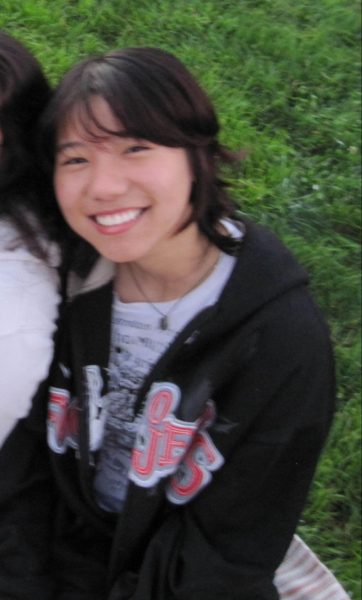“I’m terrified of the moral apathy, the death of the heart, which is happening in my country.”
James Baldwin’s words, though not spoken in the context of a high school student worried about surviving her senior year, resonated hauntingly in my own life. For some time, the phrase “the death of the heart” lingered with me as I observed the undercurrent of apathy that flows through the halls of South. It’s not the loud, angst-filled indifference we associate with teenage detachment. It’s slow and subtle—a tired numbness that leaves students mechanically going through the motions of achievement without any connection to the effort that should accompany it. In a way, it’s a far more insidious kind of apathy, because it often goes unnoticed until it’s too late. I saw it in the eyes of so many of my peers, and I feared that I, too, had become complicit in this silent surrender.
At South, it can feel as though everyone around you is a meticulously curated version of success: perfect grades, prestigious extracurriculars, and national-award-winning accolades carefully crafted for the eyes of college admissions officers. Our high-achieving culture and academic environment, while having its benefits, urges us to look at the elusive “them” and believe that our worth is measured by our ability to match their accomplishments.
As a result, there’s an overwhelming temptation to take shortcuts. There’s an appeal to ChatGPT or AI services that even I—the editor-in-chief of The Southerner and strong anti-AI art proponent—can sympathize with because of its promise to ease the burden of seemingly neverending tasks, especially as the pressure mounts. With outsourcing and alternative tools available, it becomes easy to believe that the process is secondary to the outcome. However, in that trade off, we lose the reflection and growth that come with earning our accomplishments, which are the actual experiences that shape us. Most importantly, we lose ownership of what we do.
Baldwin’s words, as I’ve come to learn, speak to this betrayal of self. Sincerity is a quiet kind of rebellion that provides a way to reclaim yourself in a system that often pushes you to be someone else. There is a beauty in this: you cannot pretend to care your way through a class or extracurricular; there’s no faking sincerity because it means pursuing goals on your terms and finding satisfaction in your efforts being a reflection of your true self.
As I prepare to leave South, I understand that I may not have all the answers. The pressure of this environment, mixed with the anticipation of entering a new but similar one, is something I (and my best friend called impostor syndrome) still struggle with daily. But it is precisely in this environment that sincerity becomes crucial. Without it, we simply perform without passion, succeed without purpose, and live without joy. It is only through pursuing our work with honesty and integrity that we can reclaim our agency from the clutches of apathy.
Ultimately, it has never been the grades, titles, or awards that define us. It is the way we engage with the world that writes our story—not the words on our college applications. And in a world that often feels like it’s losing its heart, perhaps living with sincerity is the most important act we can offer.









